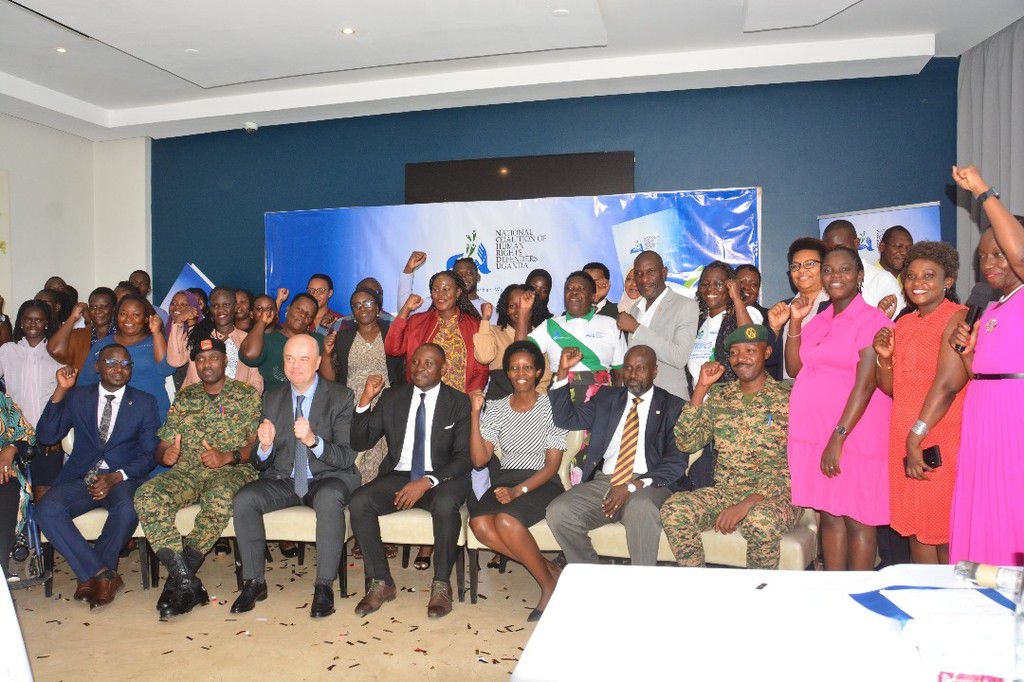Rights activists have less access to protection services - Report
)
Study findings indicated limited national-level access to emergency protection services, with only a paltry 35% reporting availability of the services.
Unveiled at Golden Tulip in Kampala on Thursday, October 17, 2024, the report provides a comprehensive assessment of emergency protection services for human rights defenders in the country.
The report indicated that over 90% of respondents acknowledged awareness of human rights defenders but struggled to differentiate between emergency services and preventive measures.
Additionally, the report highlighted how institutional challenges, such as inadequate infrastructure and human resources, undermine service quality. Respondents raised concerns about delays in case handling and short response times.

While speaking during the launch, the Executive Director for Human Rights Network for Journalists in Uganda, Robert Sempala, emphasised the importance of human rights defenders in defending justice and protecting freedoms, noting the significant risks they face, including intimidation and persecution.
"This report sheds light on both the progress made and the gaps that still exist in providing protection services for human rights defenders. It serves as a roadmap to create safer and more responsive protection systems," he stated.
The Ugandan government has repeatedly faced widespread criticism for violating human rights through its security agencies. The strong arm of the government primarily targets journalists and opposition politicians. The Ugandan Police and the Uganda People’s Defence Forces are some the security agencies that are culprits.
The report comes at a time when over 15 supporters of the National Unity Platform have pleaded guilty to terrorism charges. However, the NUP refuted these allegations, claiming that they coerced the supporters into pleading guilty.
)
)
)
)
)
)